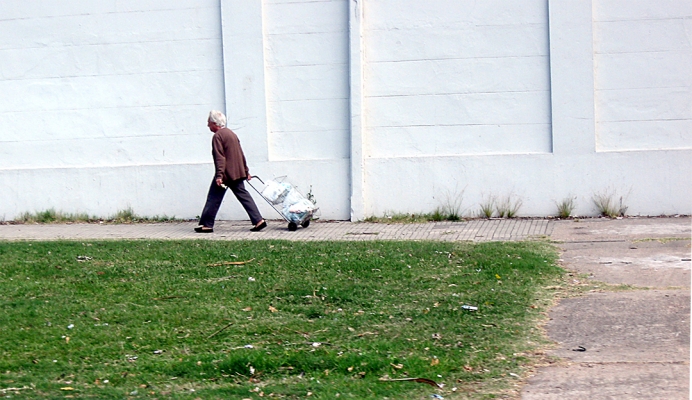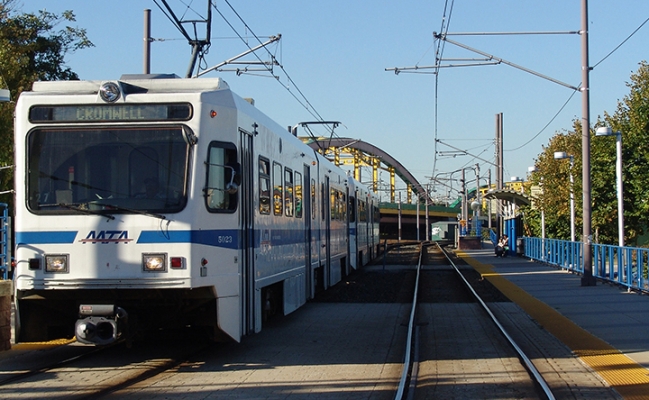The video begins at 2:16.
Abstract: Reliance on the automobile for most trips contributes to costly trends like pollution, oil dependence, congestion, and obesity. Germany and the U.S. have among the highest motorization rates in the world. Yet Germans make a four times higher share of trips by foot, bike, and public transport and drive for a 25 percent lower share of trips.
This presentation first investigates international trends in daily travel behavior with a focus on Germany and the USA. Next, the presentation examines the transport and land-use policies in Germany over the last 40 years that have encouraged more walking, bicycling, and public transport use. Using a case study of policy changes in the German city of Freiburg, the presentation concludes with policies that are transferable to car-oriented countries around the world.
Bio: Ralph Buehler is Assistant Professor of Urban Affairs & Planning and a Faculty Fellow with the Metropolitan Institute at Virginia Tech in Alexandria, VA. Originally from Germany, most of his research has an international comparative perspective, contrasting transport and land-use policies, transport systems, and travel behavior in Western Europe and North America. His research falls into three areas: (1) the influence of transport policy, land use, socio- demographics on travel behavior; (2) bicycling, walking, and public health; and (3) public transport...
Read more

